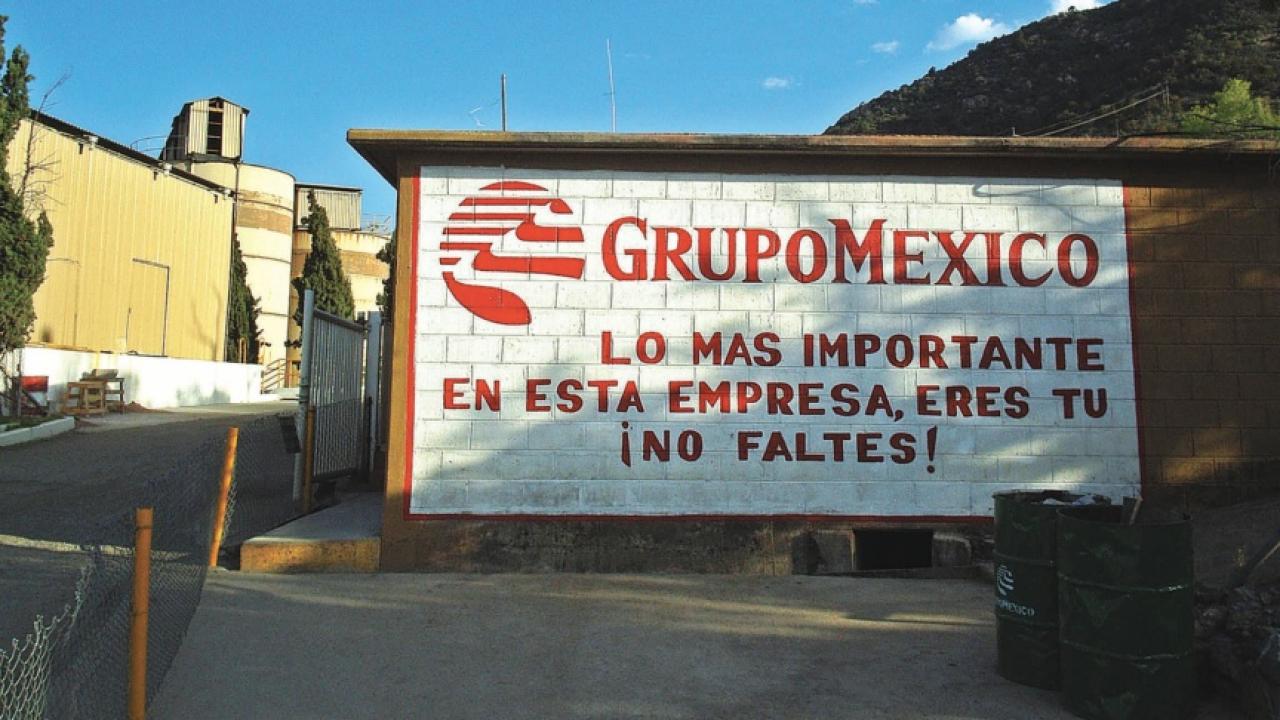
The assessment came from the United States Trade Representative (USTR), Katherine Tai, after officially receiving the decision of the first Labor Panel that was installed to resolve the controversy with Mexico in the frame of a complaint made by Grupo México workers against the San Martín mine, located in Zacatecas.
In the United States' view, the Labor Panel decision (made in the framework of the Quick Response Labor Mechanism of the USMCA) denies the workers' rights and, thus, it just allows Grupo Mexico to continue violating the collective bargaining agreement and the freedom of association of the miners at San Martín.
The assessment came from USTR, Katherine Tai, after officially learning the result of the first Labor Panel that was installed to resolve the controversy with Mexico in the complaint made by mining workers against the Grupo México mine's San Martín, located in the Mexican state of Zacatecas.
“It is both surprising and disappointing. However, we continue to trust in the promise of the MLRR to defend workers' rights. The Biden-Harris administration remains firmly committed to use all available tools under the USMCA to seek redress for the persistent problems in San Martin and continue to provide real and tangible benefits to workers both at home and abroad,” she said.
Tai stressed that “although the panel's decision did not do justice for the workers of San Martín, we remain firm in our commitment to use the Rapid Response Labor Mechanism to protect freedom of association and collective bargaining rights in Mexico.”
At her turn, Thea Lee, Undersecretary of International Affairs, stated that "we will continue to collaborate with the government of Mexico on these matters and we are committed to ensuring that the rights of San Martín workers are protected by law."
On April 26, the government of Mexico reported that the panel had concluded that the alleged denials of rights were not submitted in accordance with the Mexican labor laws necessary to comply with the country's labor obligations under the USMCA. As a matter of Mexican law, the government added, the facts in question could be subject to labor laws dating before Mexico's labor reform.
“Therefore, the panel concluded that it lacked jurisdiction to determine whether a denial of rights occurred at the facility.”
Likewise, they announced that one of the three panelists had reported, separately, that there was evidence that showed what appeared to be illegal collective bargaining between the employer and a union that was not the legal representative of the San Martín mine workers.
The panelist expressed “concern about the negative implications of this activity for workers' freedom of association and collective bargaining rights.”
DIVIDED OPINIONS
Mexican specialists maintain divided opinions on the defense carried out by the Mexican government, given that there is evidence of countless labor violations in the case of the San Martín Mine. However, the government says that the USMCA cannot be applied retroactively.
For lawyer Pablo Franco, this case has been an important test for the Rapid Response Labor Mechanism. It requires business partners to clearly define their scope.
“The rights of workers must be a priority and measures must be taken to repair violations of labor human rights and guarantee that these violations are not repeated. It is not a triumph for Mexico. In any case, it is a triumph of business interest over labor rights, which is regrettable.”
He stressed that “the application of the principle of prescription is debatable since regardless of whether the strike began before the USMCA came into effect. However, many of the reported events occurred after it. Which gives rise to a reasonable doubt about the application of the USMCA. So, to conclude, the protective principle had to be applied.”









